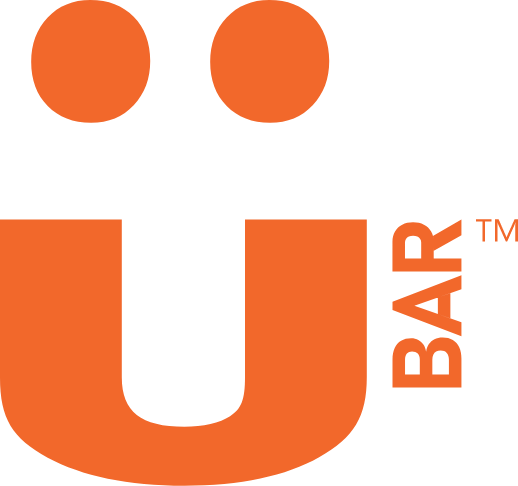What Is The Perfect Breakfast?
Breakfast has been a source of debate for decades.
To some, it’s the most important meal of the day. To others (my IF brethren), it’s no different than any other meal and can be skipped.
Funny, how such polar opposite views exist about a meal that we’ve been eating for ages. Funnier, that the views aren’t opposites at all. Not once you define breakfast correctly.
Breakfast = the meal you break your fast with.
Not necessarily the meal you have as soon as you get up.
Once you start seeing breakfast as ‘the first meal of my day’, irrespective of the time you eat it, you can lay the debate to rest and focus on nutrition.
And yes, there are very clear, simple rules for what makes the perfect first meal of the day. Let’s dive in!
The job of breakfast:
The first meal of your day needs to serve 3 primary purposes.
Sustained energy:
Your breakfast needs to be the fuel that picks you up and keeps you going through the day
Balanced Nutrition:
A good breakfast gets you started well on all your macros (protein, carbs, and fats) and micros (calcium, magnesium, vitamins, and minerals).
Low Insulin Spike:
The last thing you want is a big insulin spike first thing in the morning. Some simple carbs are fine (maybe even good to get you going), but you definitely should not be starting the day with a sugar-bomb (yup, I’m looking at those cookies and croissants.). A slow and steady insulin spike is the secret to a non-lethargic start to your day.
That’s it. That’s all a great breakfast needs to do. But how?
Now that we know what purpose it needs to serve, we can start constructing the macro and micro nutritional composition of the perfect breakfast.
Note: For the purpose of this article, I’ll be making 3 assumptions.
You’re not on IF.
You’re a healthy adult Indian male/female. And hence your recommended daily calorie intake is ~1500–1800 calories. And within that, the recommended protein intake is 55–60gm a day.
Like most people, you get up and have either milky tea or coffee. I’m assuming that drink to be 100 calories.
Sustained Energy = Complex Carbs
It’s not a coincidence that most breakfast staples across the world (from cereals to paranthas to idlis to bread butter) are high on carbs. If the job of your first meal is to give you the energy to get through the day, a base of carbs is an absolute necessity. Energy bars are also a good source of energy.
Ideally, these carbs should be complex carbs. And ideally, about 40–50% of the calories in your breakfast, should come from them.
Complex carbs are carbs with a complex food matrix. That means that the food has complex cell structures and the body needs to do more work to break them down.
More digestive work = slower blood absorption = prolonged energy release & low GI. Simple!


















